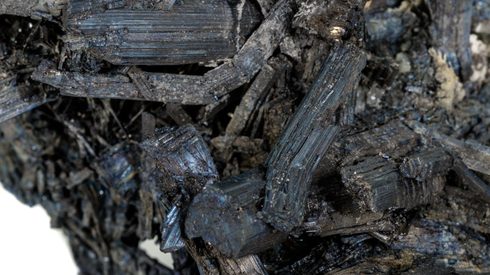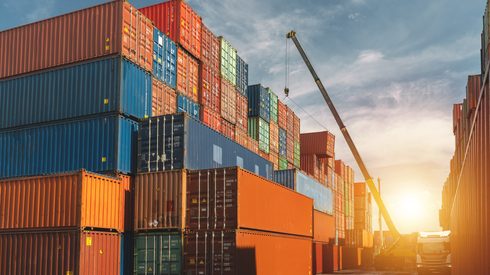Influential traders and people at a senior level in large brokerage and physical trading houses have recently been bending my ear about London Metal Exchange warehousing, the potential sale and MF Global.
The hoarding of metal in LME-approved warehouses remains a touchy subject.
I don’t altogether share the view of these senior figures that there is blame to apportion here; as I’ve said before, traders are only using the available opportunities to maximise returns for their shareholders, which is what they are employed to do – but I seem to be in a minority.
The veterans all felt that something ought to be done to address the issue, and that if it isn’t done, then things will end up in a courtroom.
My view is that the issue is much wider, and the fault, if it is a fault, lies with quantitative easing – in other words, shovelling free money down the throats of the commercial banks.
The people I have been talking with brushed aside a short piece in Metal Bulletin last year from law firm Holman Fenwick Willans, which suggested there was no general remedy in law for this situation, and added that only specific contracts might offer recourse.
Rumblings of legal action
There are rumblings of legal action, predicated, I guess, on the premise that if you have bought an LME warrant (a bearer document, let’s not forget), then it is somehow inequitable that you may not be able to take possession of your goods for several months.
Now, arguably, the LME warehousing rules and regulations will limit the possibility of legal action, and, indeed, I think I know which way a judgment would be handed down.
However, I have to say also that, on the back of what these senior figures are telling me, the issue will be tested, and probably sooner rather than later.
Now, that leads very neatly on to another issue, raised by the same veterans – the sale of the LME. I haven’t actually written too much about this; frankly because my opinion is irrelevant – I’m not a shareholder, and those are the people who will have to make the decision.
With that caveat, though, I will offer an opinion, and one that was shared by those I have been discussing the issue with.
I don’t see any major advantage in a sale.
Let me say very clearly, though, that I, and the others I am talking about here, are all towards the end of our careers in the metals business, and it’s only fair and logical that a decision of this importance should actually pay more heed to the needs and desires of the younger generation, who have years ahead of them to mould and use the market.
Why change something that works?
But, for what it’s worth, my thinking is: why change something that works?
The absolute value of an LME shareholding, as a balance sheet item, is surely less important than the ability to use it to transact business.
My – possibly jaundiced – view is that a sale would probably spell the end of the ring and the date system; that may be welcomed by the investment community, but I believe that gain to them would be outweighed by the disadvantage that may bring to the physical metal industry.
Anyway, be that as it may, what has that got to do with the warehousing issue I raised above?
Well, just this; are potential buyers going to be more or less impressed with what they might be buying if it is embroiled in lawsuits, or even the possibility of them, over delivery issues?
Then there is the MF Global issue, which is also weighing heavily on the minds of people trading in the London markets.
The LME remains the centre of world metal trading.
Yet it is based in the City of London, the reputation of which, like it or not, has taken a battering as a result of MF Global clients here being in line for far smaller disbursements after the bankruptcy than those in other financial centres.
This too must surely be weighing on the minds of those exchanges in Asia and the USA that are circling the exchange.
So, these are the thoughts of a group of older-generation traders.
Yesterday’s men, or those with experience to learn from?
Lord Copper
editorial@metalbulletin.com






